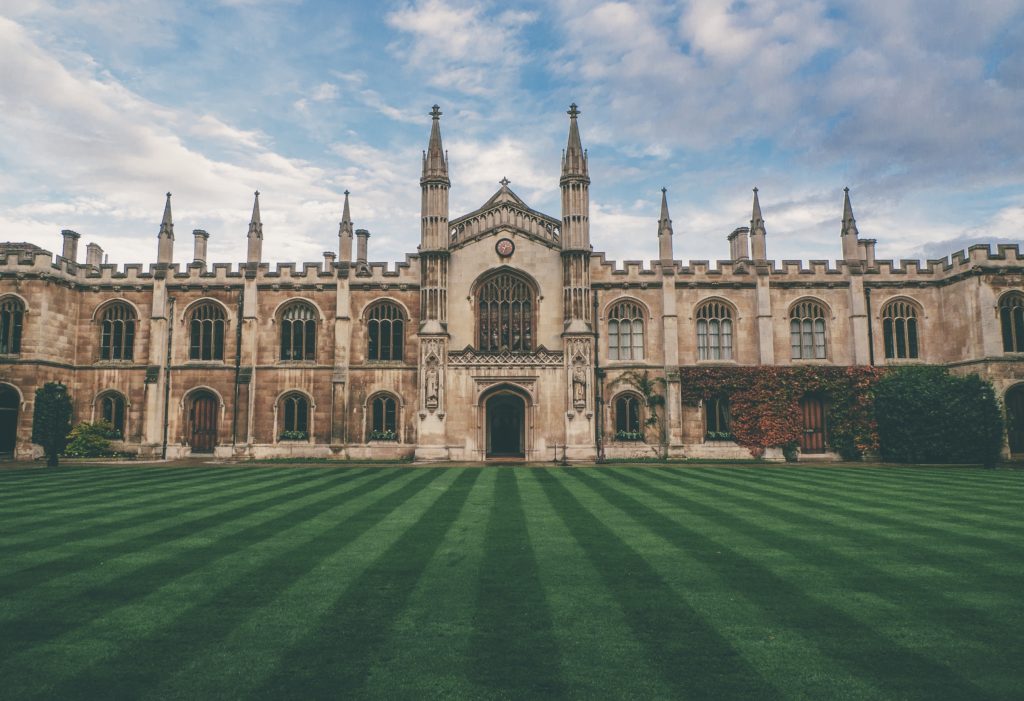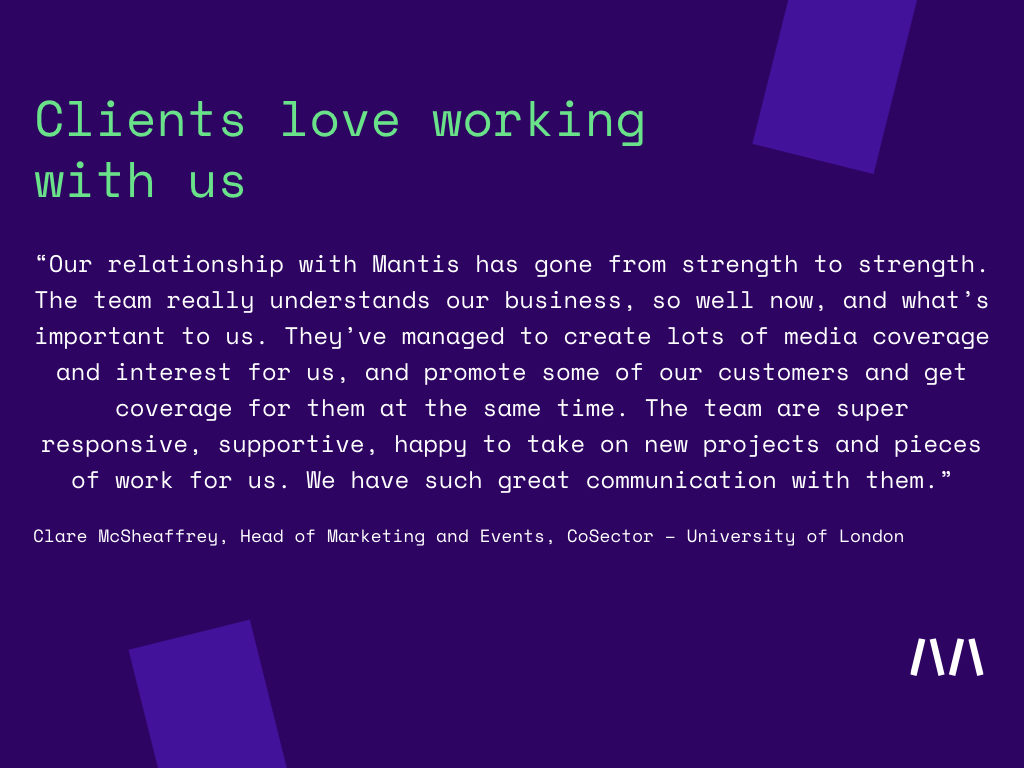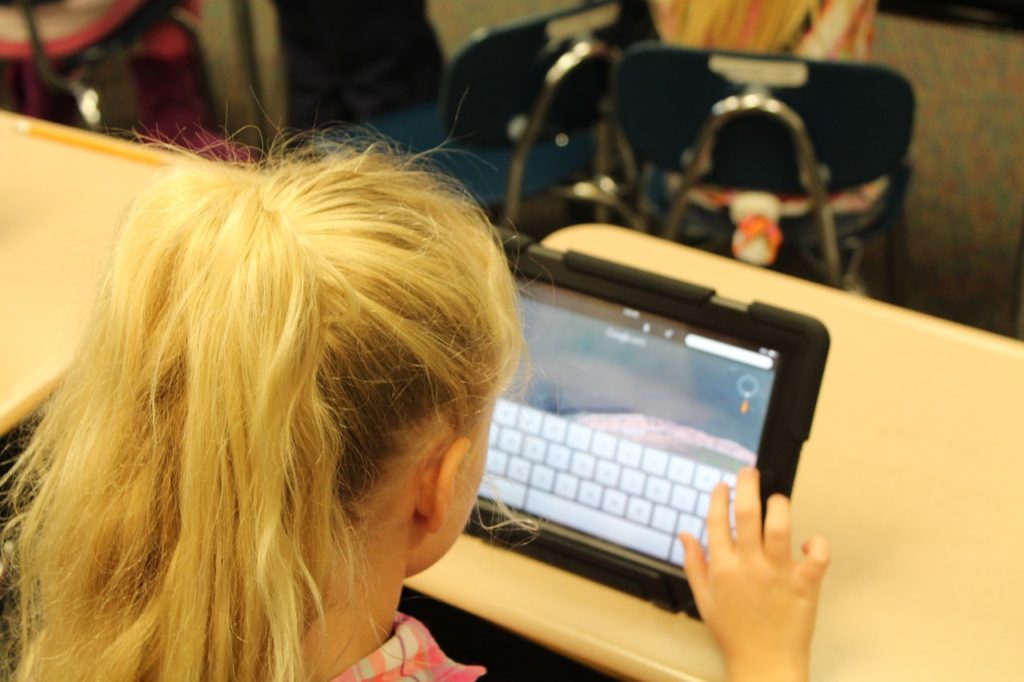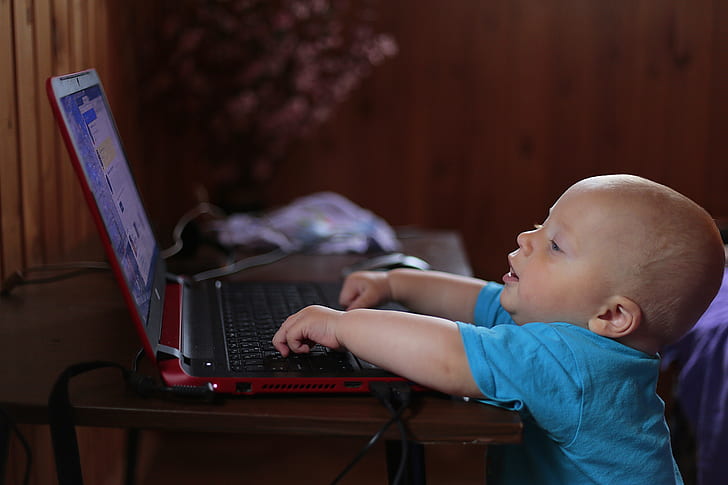Cambridge University moves lectures online until 2021
Written by Eleanor WillockIs this the tipping point for education and COVID-19?
Somebody has to be first to move, and who better than Cambridge University? Yesterday Cambridge University set out its measures for the 2020/21 academic year, where there will be no face to face lectures, only online.
I think this will be the tipping point for education ‘post-COVID’. This bold move sets the tone and provides a much needed reference point in the decision-making tree for all stakeholders, from students and academics themselves to parents, tourism, graduate employers and property investment, R&D and economic health. And, from many a reader of this post’s concern, it’ll also have huge ramifications for edtech, proptech, infrastructure, comms, pretty much any tech vertical.
Cambridge, of course, has a very important place to play in our scientific journey to recovery from COVID-19. It’s recognised as an elite university. I worry that this first shout for closure will be seen as more evidence (particularly by social media bias) of a ‘class divide’ in education.
On my socials yesterday I had ‘I’ll send my kids back to school when MPs are squashed back into the House of Commons’ and ‘I’ll send my kids back to school when Prince George and Princess Charlotte go back’. Cambridge won’t stand alone on this decision for long, I don’t think, but, the truth is, a year of different teaching won’t change its future too much. Students and academics and scientists will still dream of studying there. If it was a golf club, it’d have a 20 year waiting list. Same with Eton and Harrow. They won’t go under by not sending the kids back until September. They remain a desirable product.
The establishments of that ilk will survive, but as reported in the media even before this development, many others in higher education may not. The primary and secondary schools that feed all universities face their own challenges – currently, putting kids back into their settings on absolutely minimal resources, logistically and in many cases, emotionally.
Now, Edtech has its chance here, to step in and step up and underpin the provisioning of study for those who want to go back to uni in 2020. But, would you? Who’d be a fresher in their family bedroom on their old laptop, if they could defer for a year? Who’d go back to their accommodation and their dissertation if the lectures, the library and the social interaction were all gone?
So what does this mean for intake procedures, fees and funding, estates management, graduate and postgraduate jobs, scientific computing, remote working, cloud service provisioning, online socialising and academic research? Cambridge’s decision will echo outwards into all these areas. All of us will feel it.
The physical closure of any number of UK universities for an academic year will be felt by those of us who don’t even have children ourselves yet, in terms of the order of future life. This truly is the biggest wave of change crashing onto this ‘new normal’ beach we are all stranded on now.



